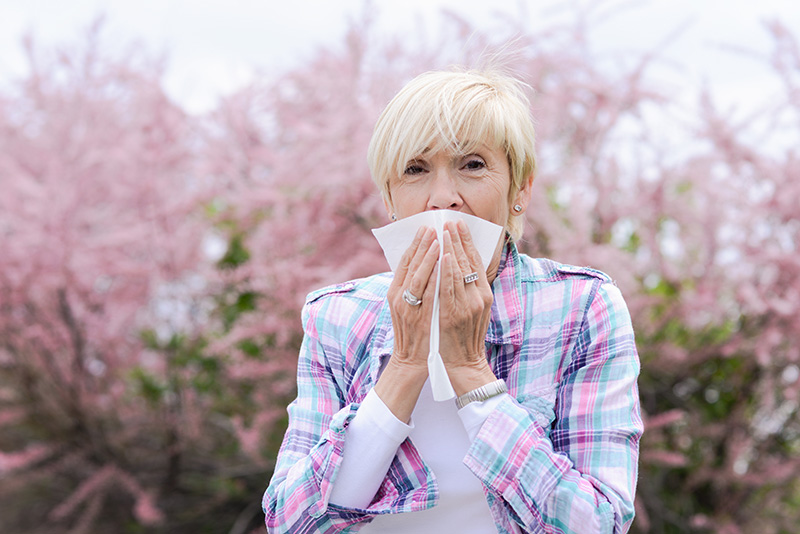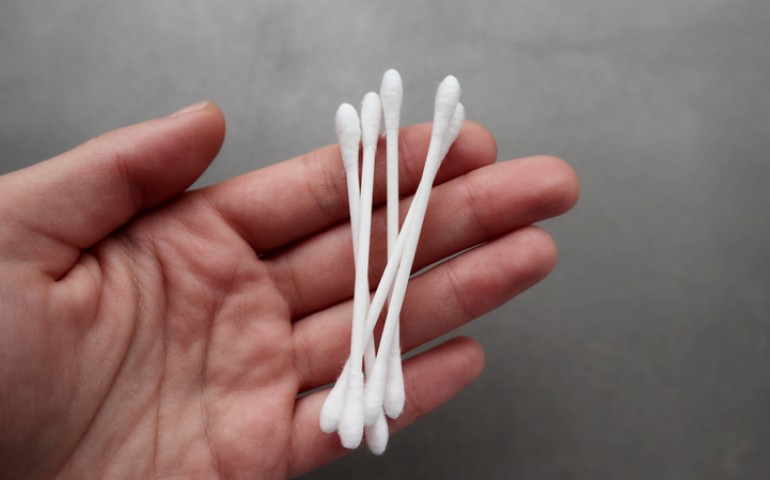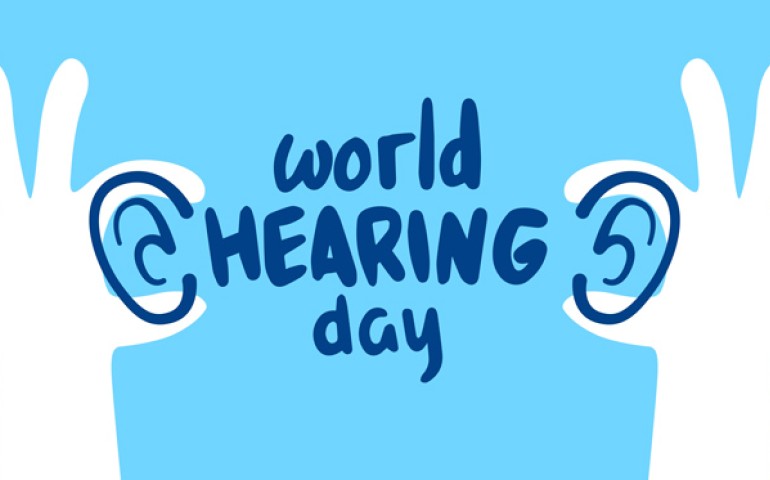How to Treat Hearing Loss Due to Allergies
Seasonal allergies, a common affliction affecting millions worldwide, can significantly impact your daily life and hearing health. Pollen, mold, and dust mites, prevalent during certain seasons, trigger an immune system response that can build up of fluid in the ears, causing temporary hearing loss. While seasonal allergies cannot be permanently cured, there are effective treatments and preventive measures to manage symptoms and protect your hearing.
Understanding Seasonal Allergy Triggers
Seasonal allergies are primarily caused by exposure to outdoor allergens. Mold spores, more abundant in warm, humid conditions, can also exacerbate allergy symptoms. Additionally, dust mites, microscopic insects found in household dust, are a common indoor allergen. These allergy symptoms include:
- Itchy, watery, or red eyes
- Sneezing
- Difficulty smelling
- A stuffy or runny nose
- Postnasal drip
- Headaches
Use Over-the-Counter Allergy Meds
Zyrtec and Claritin are among the over-the-counter medications that can ease seasonal allergy symptoms, including ones that contribute to temporary hearing loss. Generally, long-term use of OTC allergy medications is safe, but others are only meant to be used short-term. Sudafed and Benadryl, for instance, have potential side effects associated with long-term use.
Try Natural Solutions
Medications you take to manage seasonal allergy symptoms that affect your hearing can be combined with some natural remedies. One possibility is to use a Neti pot, which is a nasal irrigation system that flushes saline solution through your nostrils and nasal cavity. Other natural solutions you may benefit from include:
- Using saline sprays
- Getting hot showers when you get back inside to wash off allergens
- Regularly washing linens, sheets, and fabrics in hot water
- Bathing your pets regularly
- Using a HEPA filter for your vacuum and HVAC system
Minimizing Exposure to Allergens
Reducing exposure to allergy triggers is crucial for managing seasonal allergy symptoms and protecting your hearing. Seasonal allergies are often caused by exposure to pollen, fresh-cut grass, and airborne substances from blooming plants and trees. While it's not realistic to avoid every possible irritant that could trigger your allergies, you can make an effort to minimize exposure by:
- Closing windows on high pollen count days
- Keeping an eye on daily pollen levels
- Using an air purifier or air purification system
- Using whole-house air conditioning or a dehumidifier to keep humidity low
Consider Allergy Shots for Long-Term Relief
If you're still having issues with seasonal allergies and hearing loss even after trying what we mentioned above, consider allergy shots. What's also referred to as immunotherapy involves a series of shots that purposely expose your immune system to small amounts of allergy triggers. Immunotherapy aims to get your body used to certain allergens, so you no longer have a significant response. Allergy shots aren't a "cure" for seasonal allergies, but many allergy sufferers notice decreased symptoms over time.
Call Us Today
Beltone Skoric Hearing Aid Center is ready to address all your hearing-related concerns. If you're experiencing issues with hearing loss that may or not be related to seasonal allergies, our hearing care specialists can help. We'll let you know what's going on with your hearing so appropriate solutions can be discussed. Give us a call today to schedule your appointment.






